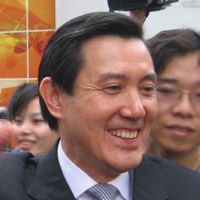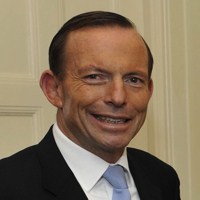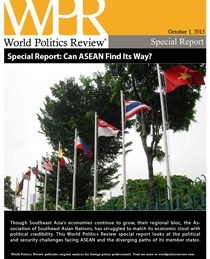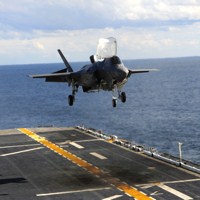
As American involvement in Iraq and Afghanistan wound down and the conflict with al-Qaida shifted away from large-scale, protracted military operations, President Barack Obama announced a major adjustment in American strategy (.pdf), stating that the United States “will of necessity rebalance toward the Asia-Pacific region.” Today there is growing criticism that this rhetoric has been backed by little substance and that what became popularly known as the “pivot” to Asia is stalled. In part this is due to the persisting political dysfunction in Washington that hinders all serious initiatives, but it also reflects deeper, more intractable strategic factors that offer […]







